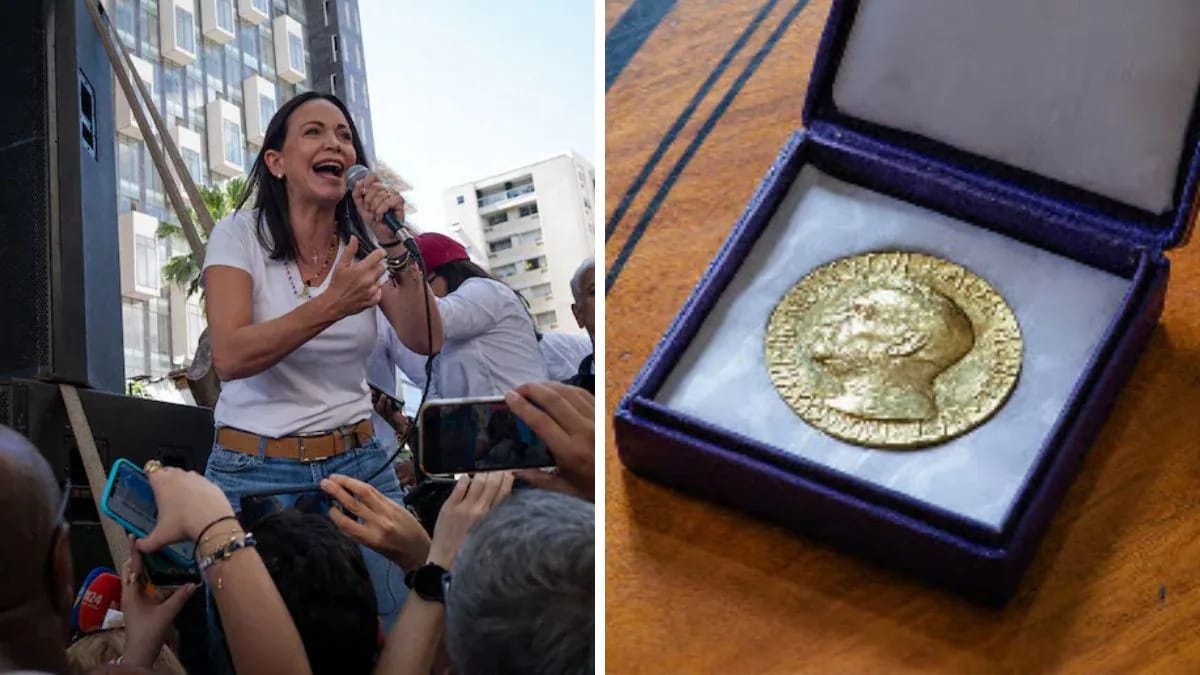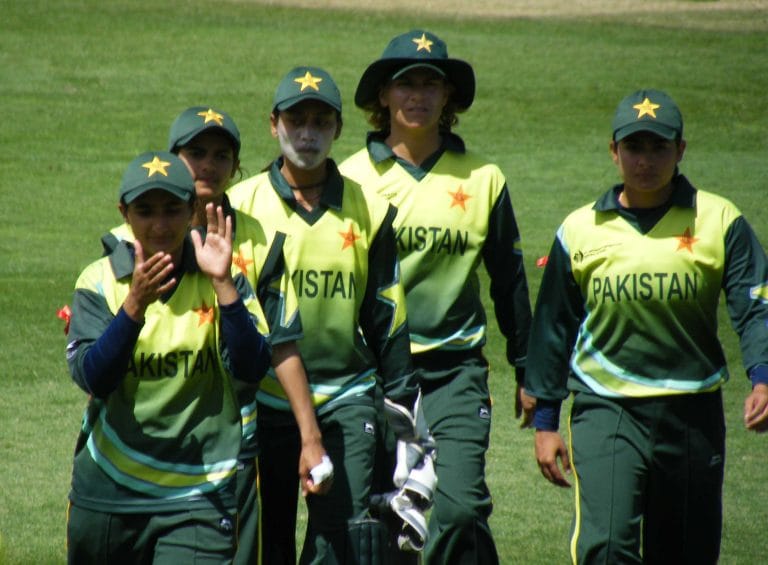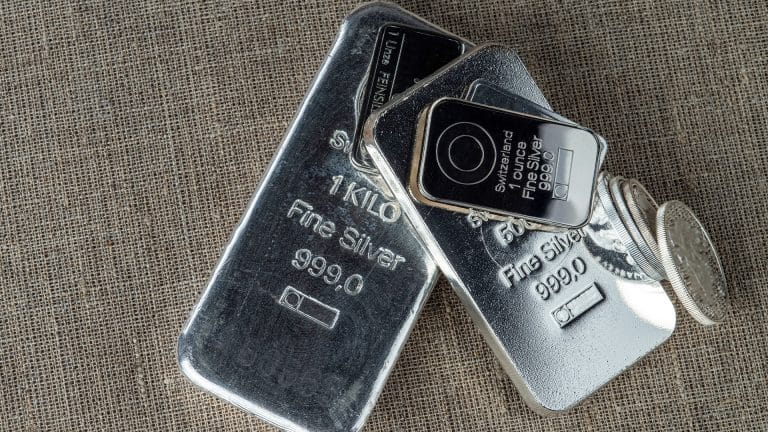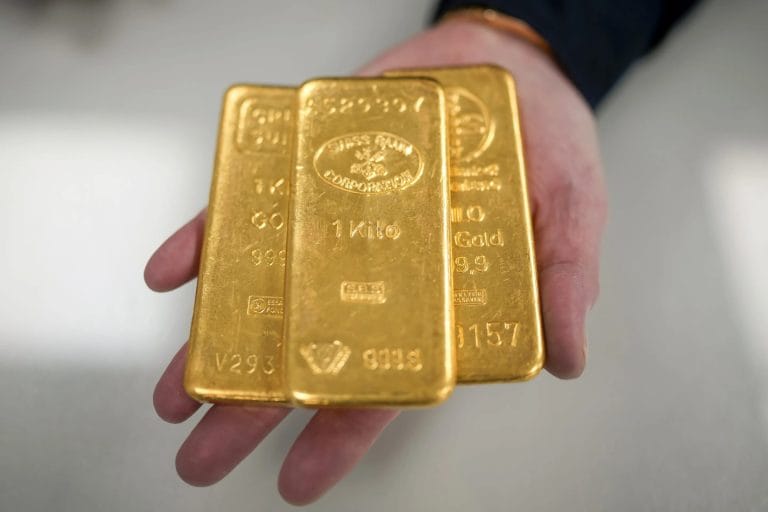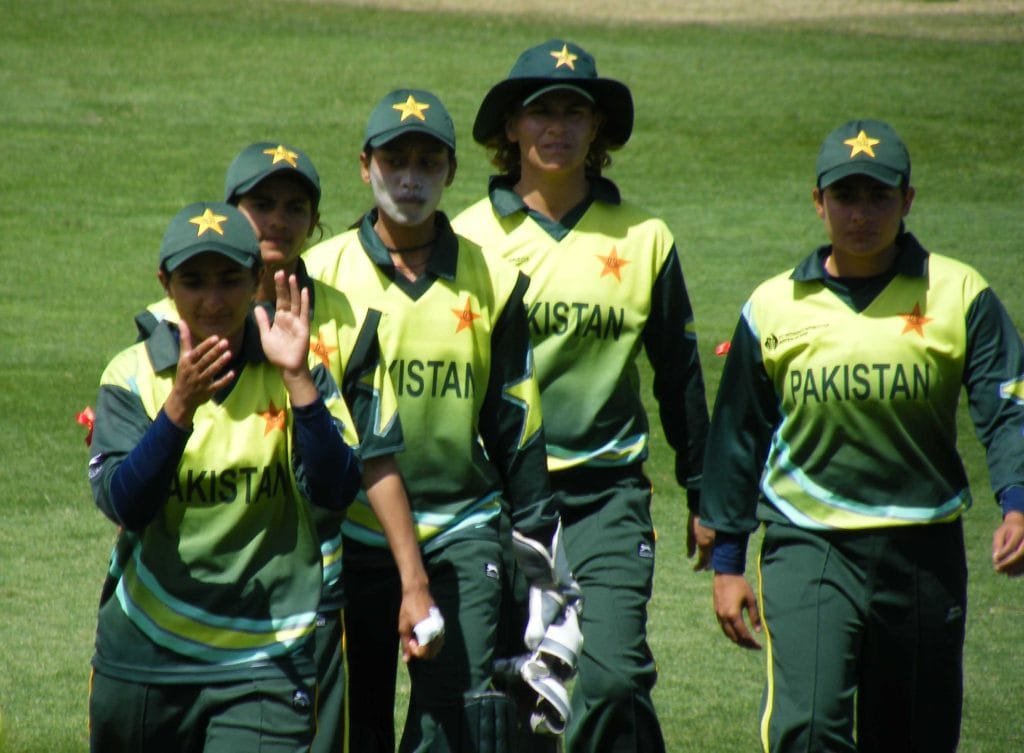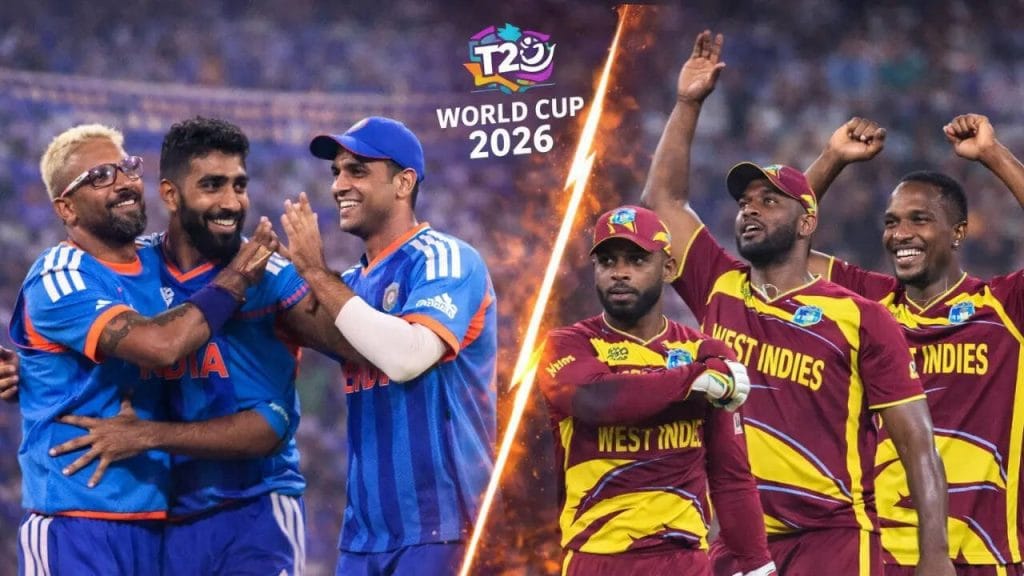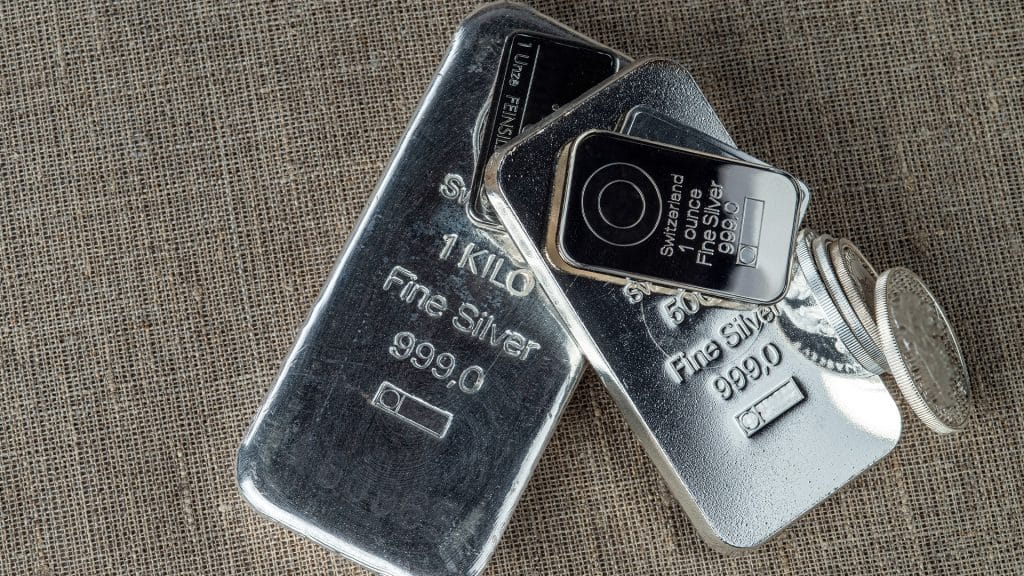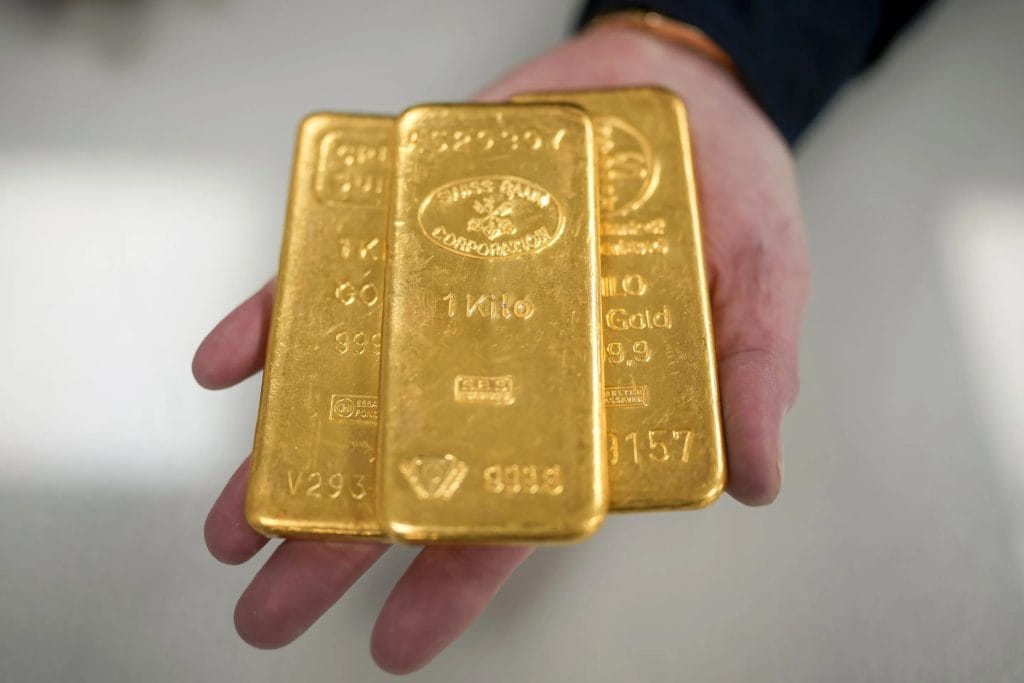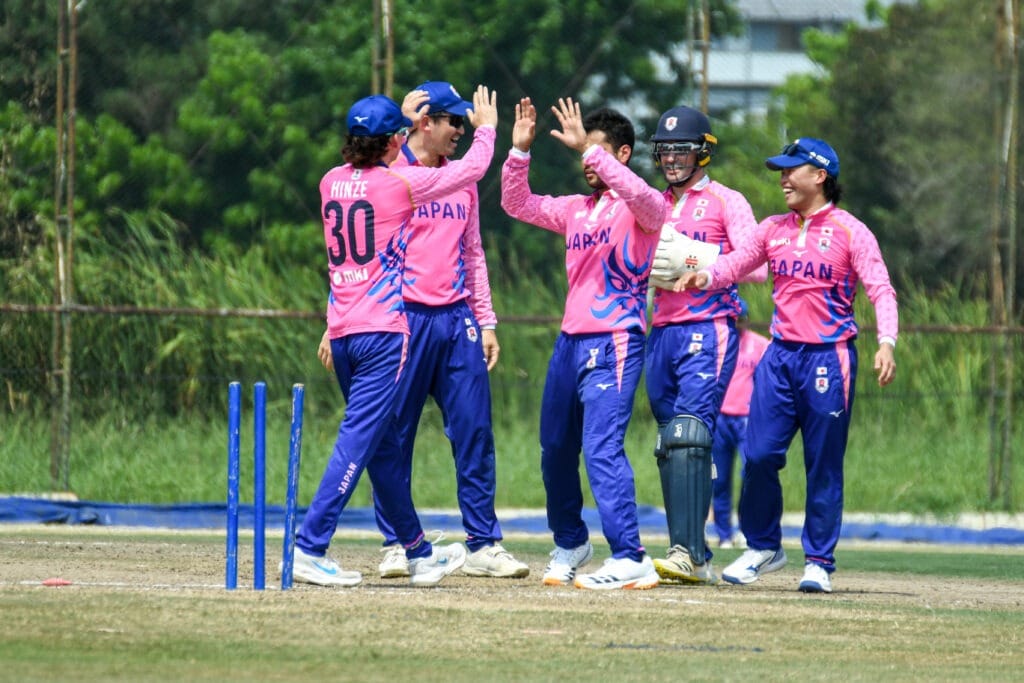Nobel Peace Prize 2025 Winner Announced
The world has once again witnessed history as the Norwegian Nobel Committee announced Maria Corina Machado as the Nobel Peace Prize 2025 Winner for her relentless struggle to restore democracy and human rights in Venezuela. The announcement, made in Oslo, marks a powerful moment for democratic movements worldwide and sends a strong message of hope to millions living under political repression.
The Committee recognized Machado’s unwavering courage, peaceful activism, and dedication to democratic values, describing her as “a symbol of perseverance and moral strength” in the face of tyranny. Her recognition not only highlights Venezuela’s ongoing political crisis but also draws global attention to the broader fight for freedom across Latin America.
1. Who is Maria Corina Machado?
Maria Corina Machado is a Venezuelan political leader, activist, and founder of the movement Vente Venezuela — one of the country’s most influential opposition platforms. Born in 1967, she comes from a family with deep roots in civil service and reform. Over the years, Machado has transformed from a vocal member of the Venezuelan parliament to a leading figure of resistance against authoritarianism.
Her political career has been defined by courage. Despite threats, arrests, and bans from public office, she continued to lead peaceful protests and international campaigns advocating free elections, civil liberties, and transparency in governance.
Machado’s activism intensified during Venezuela’s deepening humanitarian crisis, where millions fled poverty, violence, and repression. She has consistently called for nonviolent political transition and international cooperation to restore democracy.
Read Also Here:
Ronaldo First Billionaire Footballer in History
2. The Nobel Committee’s Statement
The Norwegian Nobel Committee stated that Maria Corina Machado was chosen “for her tireless, nonviolent struggle for democracy and human rights in Venezuela.” The Committee praised her for inspiring “millions to believe that change can come through peace, integrity, and civic courage.”
They highlighted her work in building unity among opposition movements, her efforts to mobilize women and youth, and her consistent rejection of violence even under severe government crackdowns.
The statement read:
“Maria Corina Machado has stood firm for justice and freedom under one of the most repressive regimes in Latin America. Her voice has become a beacon of hope for those who continue to believe in the power of peaceful resistance.”
3. Reaction to the Award
Following the announcement, Machado expressed deep gratitude and dedication to the Venezuelan people, saying:
“This Nobel Peace Prize is not mine alone — it belongs to every Venezuelan who refuses to give up on freedom. It belongs to the mothers who march for their children, to the journalists who speak truth despite threats, and to all who dream of a free Venezuela.”
Her words resonated not just in Venezuela but across Latin America, where many see her as a modern symbol of democratic resilience.
The announcement sparked celebrations across Venezuelan communities both at home and abroad. In Caracas, citizens gathered waving national flags and chanting slogans of hope, while social media flooded with messages of congratulations and renewed determination for political change.
4. Venezuela’s Political Context
Venezuela has faced one of the most prolonged political and economic crises in recent history. Under the government of Nicolás Maduro, the country has endured severe inflation, corruption, human rights violations, and restrictions on free expression.
Over seven million Venezuelans have fled the country in search of safety and better living conditions, creating one of the largest migration crises in the world.
In this climate of fear and hardship, Maria Corina Machado has stood out as one of the few voices demanding accountability and reform. Her efforts to unite the fragmented opposition under a shared democratic vision have been central to keeping Venezuela’s struggle visible on the global stage.
5. Global Recognition and Support
World leaders and human rights organizations immediately welcomed the Nobel Committee’s decision.
UN Secretary-General António Guterres praised Machado’s courage, calling her “a voice of peace in times of darkness.”
European Union diplomats said the award would “strengthen international calls for free elections in Venezuela.”
Human Rights Watch described it as “a victory for all who believe in peaceful political change.”
The award has also sparked renewed debate on global responsibility in supporting democratic transitions. Many experts believe that the recognition will increase international pressure on authoritarian regimes and provide renewed moral legitimacy to opposition movements worldwide.
6. Machado’s Struggle for Democracy
Machado’s fight began long before global attention turned toward Venezuela. As an engineer by education and reformist by passion, she co-founded Súmate, a civil organization focused on promoting electoral transparency.
In 2004, Súmate played a major role in monitoring the recall referendum against then-President Hugo Chávez. For this, Machado faced charges of treason, but she refused to remain silent.
Her founding of Vente Venezuela in 2012 turned her into a leading opposition force. Through her speeches and grassroots campaigns, she mobilized thousands of Venezuelans — particularly women and youth — to demand civil rights, fair elections, and social justice.
Despite being banned from running for office, she continued to campaign internationally, meeting global leaders and organizations to advocate for Venezuela’s freedom. Her diplomatic efforts were key in keeping Venezuela’s crisis in global headlines.
7. Symbol of Peaceful Resistance
Machado’s methods are rooted in nonviolent resistance, inspired by global figures like Mahatma Gandhi and Nelson Mandela.
She has repeatedly stated:
“Our fight is moral, not military. The power of truth and perseverance will always overcome violence.”
Her peaceful approach contrasts sharply with the government’s frequent use of force against protesters. Human rights organizations have documented thousands of arbitrary detentions, torture cases, and disappearances since 2014. Despite all this, Machado continues to advocate for negotiation and dialogue grounded in democratic principles.
8. Impact on Latin America
The 2025 Nobel Peace Prize also reflects broader challenges in Latin America, where several nations face democratic decline, censorship, and institutional corruption.
Machado’s recognition serves as a wake-up call for the region, reminding leaders and citizens alike that peace and freedom require constant defense.
Analysts believe her award will embolden other reform movements in Nicaragua, Cuba, and beyond, where citizens are demanding similar rights to vote, speak, and assemble freely.
9. Previous Nobel Peace Laureates and Comparison
Maria Corina Machado now joins a prestigious list of Nobel Peace laureates who have fought nonviolently for justice — including Nelson Mandela (1993), Malala Yousafzai (2014), and Aung San Suu Kyi (1991).
Like these figures, Machado has spent years under surveillance and political persecution. However, her persistence and integrity have earned her admiration even among critics.
The Nobel Committee emphasized that Machado’s struggle reflects “the universal values of democracy and the courage to stand for truth under oppression.”
10. What the Award Means for Venezuela’s Future
The Nobel Peace Prize will likely boost both domestic and international pressure on the Venezuelan government.
It may inspire renewed diplomatic efforts from Latin American and European nations to push for transparent elections, the release of political prisoners, and restoration of civil liberties.
Moreover, the prize will strengthen opposition morale, especially among youth who see Machado as proof that peaceful activism can lead to real change.
Observers believe that the 2025 award could mark a turning point for Venezuela, encouraging the global community to engage more actively in supporting its transition toward democracy.
11. Criticism and Controversy
As with most Nobel Peace Prizes, this year’s decision has not been without criticism. Some political analysts argue that awarding Machado could further polarize Venezuelan politics, while others believe the move might provoke retaliation against her supporters.
However, the Committee defended its choice, emphasizing that peace requires moral courage — and silence in the face of injustice is never neutral.
In response, international organizations have pledged to monitor her safety and continue advocating for human rights in Venezuela.
12. The Nobel Legacy and Ceremony
The Nobel Peace Prize ceremony will be held on December 10, 2025, in Oslo, Norway, coinciding with the anniversary of Alfred Nobel’s death.
Machado will receive a gold medal, diploma, and a monetary award of approximately $1 million USD, which she has announced will be donated to democracy education and civic programs in Venezuela.
In her words:
“This prize belongs to my people — and it will be used for them.”
Conclusion
Maria Corina Machado’s recognition as the Nobel Peace Prize 2025 Winner is more than an individual achievement — it’s a global symbol of hope, resilience, and the enduring power of peaceful resistance.
Her story embodies the struggle of millions of Venezuelans who continue to fight for democracy despite oppression.
From facing imprisonment to international acclaim, Machado’s journey reminds the world that true leadership means standing for justice, even when it’s dangerous.
As the world watches the Oslo ceremony this December, her message will echo beyond Venezuela’s borders — that peace and democracy remain humanity’s most powerful victories.
Read the official announcement on NobelPrize.org
Read More Here:


